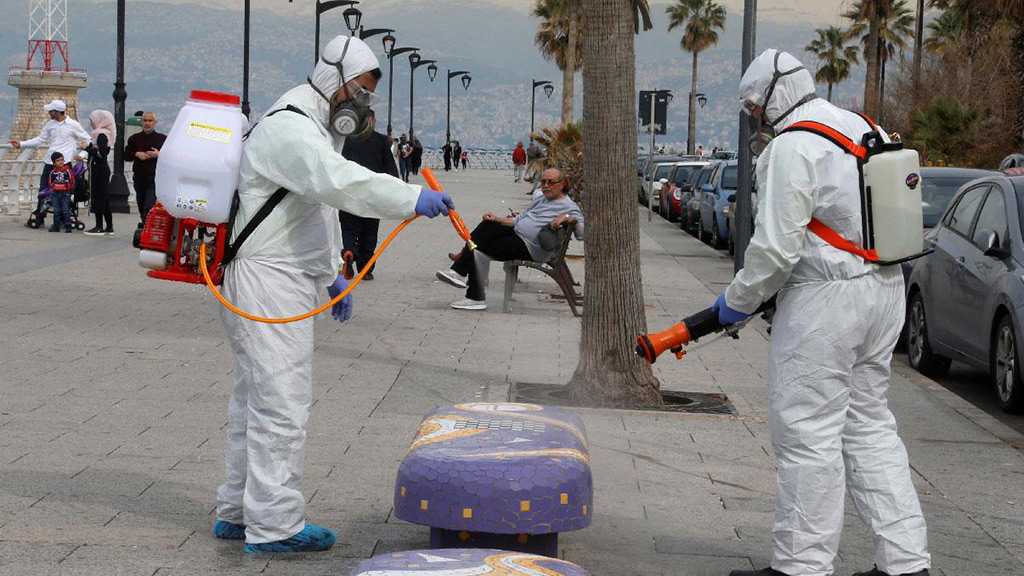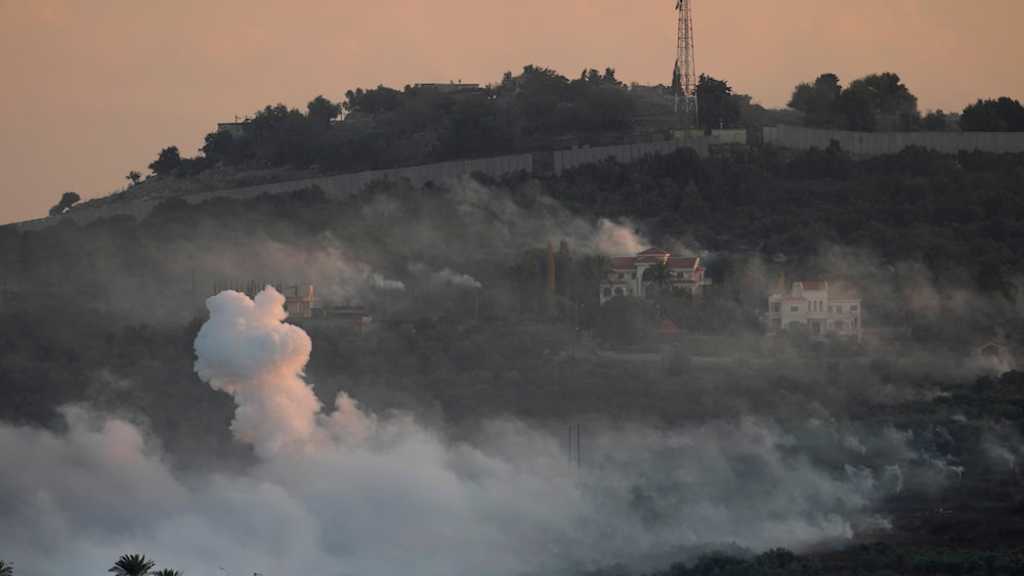
Health Expert: Lockdown stabilized Lebanon’s COVID-19 Crisis

By Staff, Agencies
Lebanon’s strict lockdown measures have been successful in decreasing daily COVID-19 cases and stabilizing the country’s critical health crisis, one of Lebanon’s leading health experts in the fight against the virus said Monday.
Dr. Firass Abiad, Head of Rafik Hariri Hospital, warned that although “a rapidly deteriorating situation has been stabilized” there was still evidence of high spread of the virus within communities, and hospitals remain at limited capacity.
Compliance with the country’s general lockdown, in place since Jan. 14, has waned as the country enters the third and final week of a 24-hour curfew. Few exceptions are allowed, which has left swaths of the population without incomes and with little to no financial support from the state.
A strict lockdown was deemed essential as the country witnessed an acute spread of the infectious disease and hospitals rapidly grew overwhelmed. Total coronavirus figures recorded since the pandemic began surpassed 300,000 Sunday, with 117,164 cases recorded in January alone.
Lebanon has also witnessed a surge in daily virus deaths in the past two weeks, with a new record of 76 deaths registered last Wednesday. The overall number of coronavirus-related deaths since February 2020 now stands at 3,082.
Caretaker Health Minister Hamad Hasan in an interview with Al-Jadeed Sunday urged citizens to remain at home and maintain coronavirus preventative measures in order for infection rates to decrease and so the country could begin to ease out of lockdown.
“As long as the required preventive measures continue, control over the widespread outbreak of the epidemic will begin to show within the next two weeks,” he said.
However, he warned that Lebanon was level 4 in the World Health Organization’s classification, listing it as in “the highest risk stages” of the pandemic. He also noted that Lebanon’s virus death rate is 21st in the world in comparison to the size of its population.
But Hasan said a positive indicator had arisen with the decrease of the “R” rate, which represents the growth rate of the virus, to 0.93 percent in the community. Below 1 percent means each existing infection causes less than 1 new infection.
Abiad affirmed that concerns still remained regarding the virulence of the more contagious UK variant, which is prevalent within Lebanon. He urged the necessity of relaxing lockdown measures in a controlled manner, otherwise the country would risk undoing any gains made during lockdown.
Lebanon’s coronavirus inoculation program is set to begin soon with the first shipment of 30,000 doses of the Pfizer-BioNTech vaccine, due to arrive next week. Hasan revealed that Lebanon would be receiving jabs through the WHO-led initiative COVAX and further quantities from Oxford-AstraZeneca in March.
Since the Health Ministry’s announcement last Thursday of an online registration platform for citizens to sign up for the vaccine, 174,000 residents have registered, with 60 percent of those from Beirut and the Mount Lebanon region, Hasan revealed.
He also said the ministry this week would be launching a public awareness campaign, in collaboration with the Information Ministry, to encourage citizens of priority groups of the safety and effectiveness of receiving a COVID-19 vaccine.
Front line health workers, those over the age of 75, and citizens with chronic illnesses will be first in line to receive jabs when the program begins.
Comments

Hezbollah Mourns Martyr Hussein Nimer Masarrah
4 months ago

